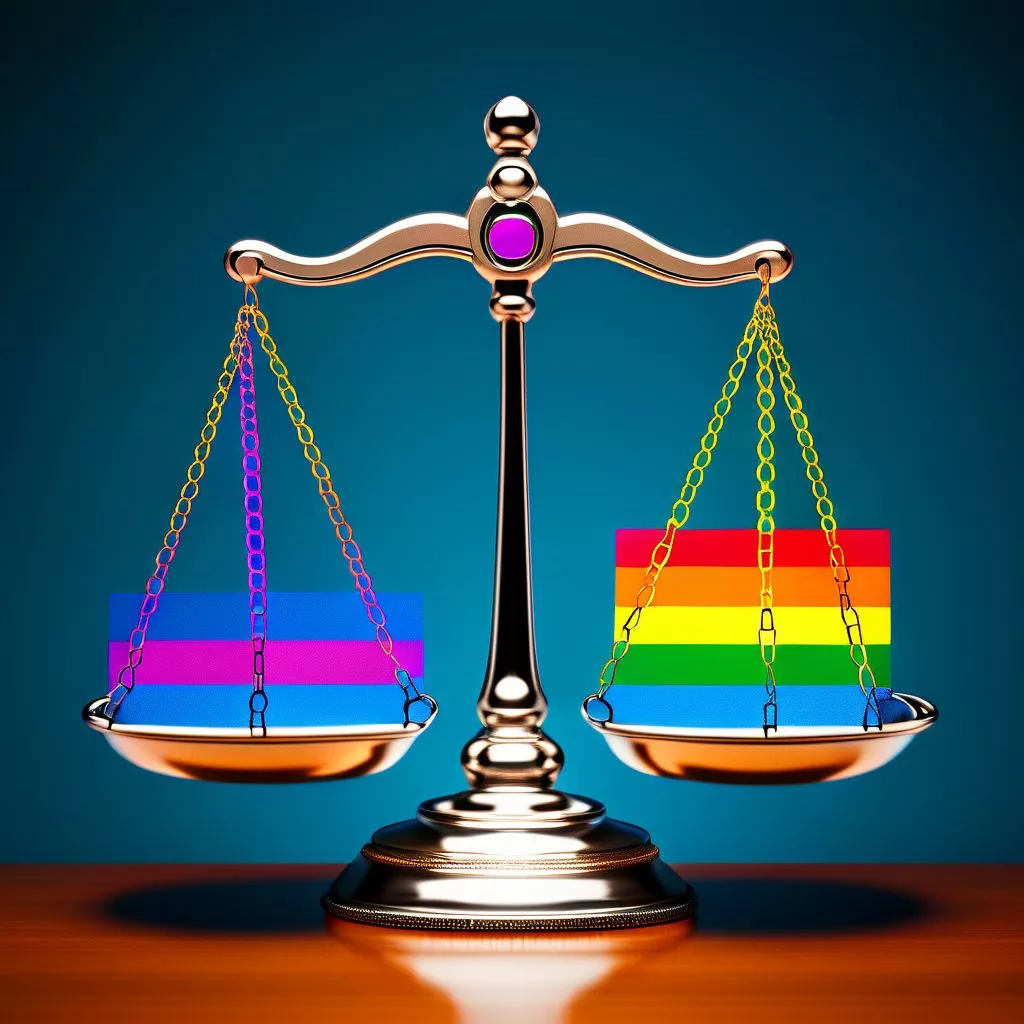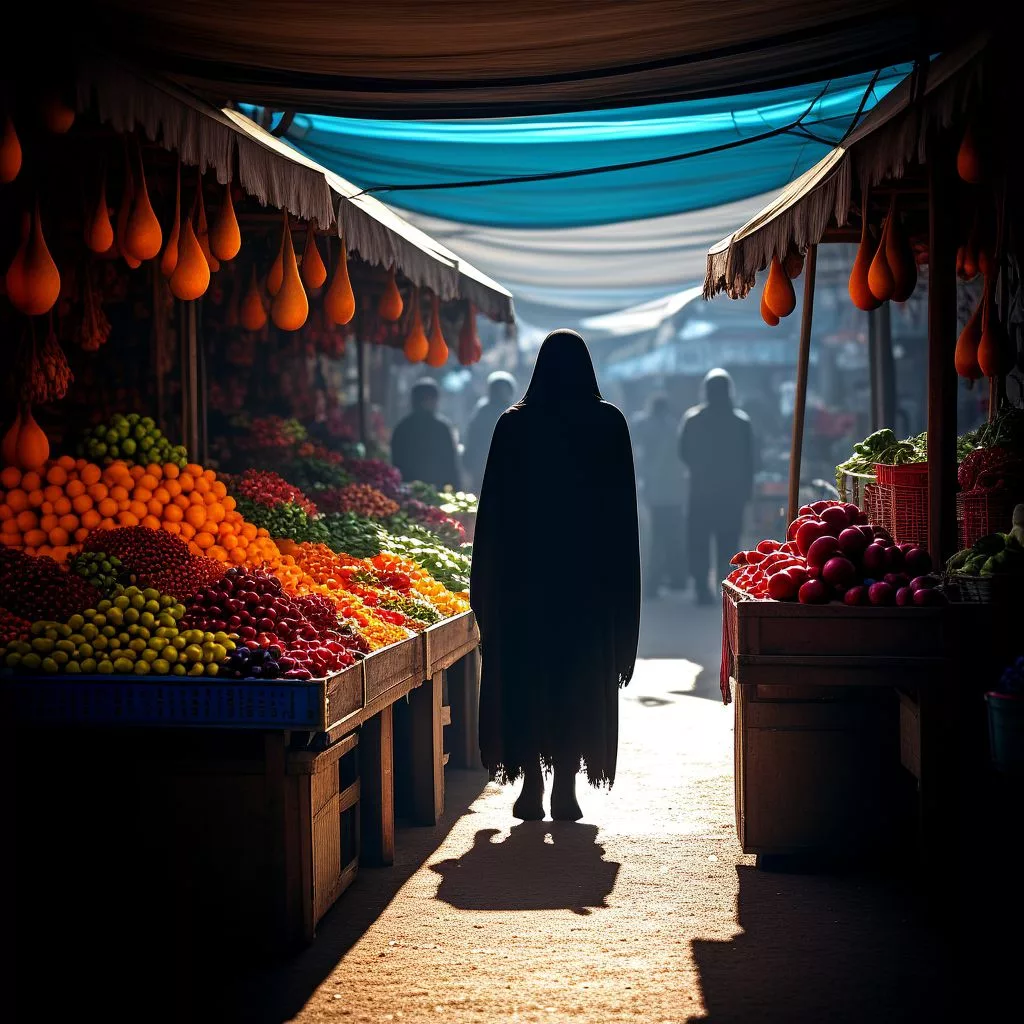South Africa is making big changes to its marriage laws, aiming for fairness and inclusion. The new Marriage Bill wants to raise the legal marriage age from 18 to 21 and officially recognize same-sex marriages. This is part of a plan to bring together different marriage rules into one law that respects the country’s rich culture. Many people are discussing whether 21 is a better age for marriage, as they believe it gives young adults more time to grow and prepare. These changes show South Africa’s commitment to equality and adapting to modern values while honoring its diverse traditions.
What are the key changes in South Africa’s new Marriage Law?
South Africa’s new Marriage Bill proposes significant changes, including raising the legal marriage age from 18 to 21 and formally recognizing same-sex unions. These reforms aim to create a unified legal framework that promotes equality and inclusivity, reflecting the nation’s diverse cultural landscape.
Toward a Unified Marriage Act
South Africa is on the cusp of significant transformation in its marriage laws, driven by Parliament’s Portfolio Committee on Home Affairs. The committee is spearheading efforts to merge all existing marriage legislation into a single, comprehensive Act. This ambitious reform has ignited lively discussions nationwide, particularly surrounding two hot-button issues: the legal age of marriage and the formal recognition of same-sex unions within the legal framework.
This consolidation effort is far more than a bureaucratic exercise; it signifies a broader historical and cultural evolution. South Africa’s current marriage laws, which include civil, customary, and religious unions, reflect the nation’s rich cultural diversity. By unifying these varied regulations, the government aims to foster a more inclusive and equitable legal landscape. However, the road to such transformation is riddled with complexities and challenges.
Debating the Legal Age of Marriage
One of the most controversial elements of the new Marriage Bill is the proposed increase in the legal age of marriage from 18 to 21. At present, South African law allows minors under 18 to marry under certain conditions, with customary and civil laws permitting girls as young as 12 and boys as young as 14 to wed. The new Bill sets 18 as the minimum age for both sexes, but public consultations reveal a prevailing sentiment that even this age may not be mature enough for marriage.
Critics argue that individuals at 18 are often still in school, financially dependent, and lack the emotional maturity required for the complexities of married life. These concerns have been voiced across various provinces, underscoring widespread public apprehension. Advocates for raising the minimum age to 21 believe it would allow young adults more time to complete their education and achieve financial independence, entering marriage as more mature individuals.
Portfolio Committee chairperson Mosa Chabane has noted the recurrent nature of these concerns in public discussions, highlighting the critical need for a thoughtful approach in setting the legal marriage age. This debate underscores the broader societal challenge of balancing cultural norms with the need to protect young people.
Integrating Same-Sex Unions
While the appropriate age for marriage remains a heated topic, another significant issue is the incorporation of same-sex unions into the unified Marriage Act. Although same-sex marriages have been legal since 2006 under the Civil Union Act, their inclusion in the new legislation has faced strong resistance from some religious and traditional sectors of society.
Older men and various religious organizations have voiced their opposition, citing cultural and faith-based reasons. However, attitudes are gradually shifting. Some religious leaders are beginning to accept the inclusive spirit of the proposed legislation, mirroring a global trend where religious and cultural institutions are slowly adapting to modern understandings of human rights and equality. This evolution reflects South Africa’s ongoing commitment to inclusivity and the reconciliation of progressive legal reforms with deeply rooted cultural norms.
Nationwide Public Consultations
Public consultations across the country have provided a platform for South Africans to express their views on the proposed marriage law reforms. Hearings have already taken place in Gauteng, KwaZulu-Natal, and the Eastern Cape, with the Free State, Northern Cape, and North West scheduled next. These consultations are a testament to the democratic principles that ensure legislation reflects a wide array of societal perspectives.
Mosa Chabane has assured the public that the committee will take all submissions into account before finalizing the Bill for parliamentary debate. This inclusive approach emphasizes the importance of public participation in crafting laws that profoundly impact citizens’ lives.
Broader Sociopolitical Context
The discussions around South Africa’s Marriage Bill mirror the country’s broader historical and sociopolitical journey. From apartheid to democracy, South Africa has strived to merge its diverse cultural heritage with modern principles of equality and human rights. Marriage laws serve as a microcosm of this larger struggle, highlighting the tensions and synergies between tradition and progress.
The proposed reforms also align with global movements for gender equality and LGBTQ+ rights. By raising the legal age of marriage and formally recognizing same-sex unions, South Africa is positioning itself in accordance with international standards and commitments, such as the Convention on the Elimination of All Forms of Discrimination Against Women (CEDAW) and the Yogyakarta Principles on the application of international human rights law in relation to sexual orientation and gender identity.
Embracing Diversity and Unity
As South Africa navigates these proposed changes, the country’s cultural and ethnic diversity remains both a strength and a challenge. The new Marriage Bill aims to honor this diversity while promoting a unified legal framework that guarantees equal rights for all its citizens.
The Portfolio Committee on Home Affairs continues its nationwide consultations, maintaining a delicate balance between tradition and modernity. The proposed reforms have the potential to unify the nation under a single, inclusive legal framework, but they also risk sparking further controversy. Through careful consideration of public input and a steadfast commitment to inclusivity, South Africa stands ready to set a progressive example for the world, illustrating how tradition and modernity can coexist in a dynamic, evolving society.
FAQ: South Africa’s Marriage Law Revolution
What are the main changes proposed in South Africa’s new Marriage Bill?
The new Marriage Bill proposes to raise the legal marriage age from 18 to 21 and recognize same-sex marriages formally. The aim is to create a unified legal framework that promotes equality and inclusivity, reflecting South Africa’s cultural diversity.
Why is the legal age of marriage being raised to 21?
Raising the legal age to 21 is intended to allow young adults more time for personal development, education, and financial independence. Many advocates believe that individuals at 21 are generally more mature and better prepared for the complexities of married life compared to those who marry at 18.
How does the new Marriage Bill address same-sex unions?
While same-sex marriages have been legal since 2006 under the Civil Union Act, the new Bill seeks to include same-sex unions in a unified Marriage Act. Although there is resistance from some traditional and religious groups, there is a gradual shift towards acceptance within certain circles, aligning with global trends promoting equality and human rights.
What role do public consultations play in the development of the new Marriage Bill?
Public consultations provide a platform for South Africans to express their views on the proposed reforms. These hearings, conducted across various provinces, are vital for ensuring that diverse perspectives are taken into account before finalizing the legislation for parliamentary debate.
How do these proposed changes relate to South Africa’s sociopolitical history?
The discussions surrounding the Marriage Bill reflect South Africa’s broader historical journey from apartheid to democracy. The proposed reforms aim to balance tradition with modern principles of equality and human rights, aligning with global movements for gender equality and LGBTQ+ rights.
What challenges might arise during the implementation of the new Marriage Bill?
The proposed changes, while progressive, may spark controversy as they challenge existing cultural and religious norms. The Portfolio Committee on Home Affairs must navigate these tensions carefully to foster inclusivity while respecting the nation’s diverse cultural heritage.












